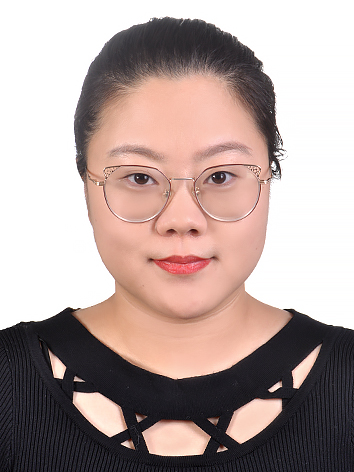The main stages of the life of the Orochon shaman Guan Kouni (1935–2019) reflect the history of Tungus shamanism after the formation of the PRC. The young Oroch woman, in accordance with tradition, became a shaman. The shamanism suppression policy in 1952 banned shamanism and the practice of shamanistic rituals. Until the early 1960s, in some cases, shamanic rites were performed, but unofficially. The “Cultural Revolution” aimed to remove all “remnants of the past” from consciousness and life. However, shamanism and shamans managed to get through this difficult period and would continue in the ethnic cultures of Northeast China. At the end of the 80s of the 20th century, as a result of political reforms, a revival of shamanism began. Guan Kouni, like other shamans who survived to this time, returns to traditional shamanic practices. Since the late 1990s and especially since the early 2000s, shamanism has been influenced by the state policy of repurposing shamanism from a religion into an object of intangible cultural heritage. The fate and work of the shaman Guan Kouni is a vivid example of the evolution of Orochon shamanism after 1949. The peculiarities of shamanism make us cautious about any judgments about the essence, past, present and future of shamanism. This statement also applies to the shamanism of the Orochons of Northeast China. Obviously, traditional shamanism is a thing of the past here. It is premature, however, to conclude that it has disappeared altogether. The revitalization of shamanism in new forms and essential characteristics is quite probable.
Key words: shamanism, Tungus, Orochons, Northeast China, genesis of religion, evolution of religion
DOI: 10.22250/20728662_2022_4_111
About the authors
 |
Andrey P. Zabiyako – DSc (Philosophy), Full Professor, Head of the Department of Religious Studies and History, |
 |
Wang Shuai – postgraduate student, junior research fellow at the Laboratory of Frontier Studies, Amur State University; |






